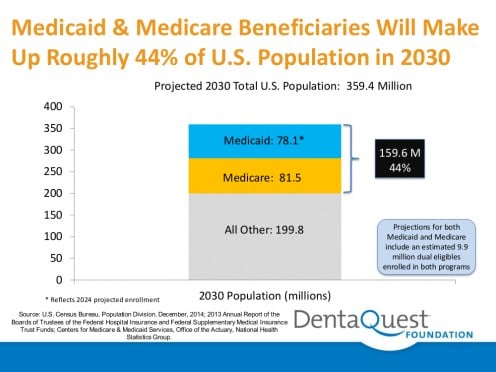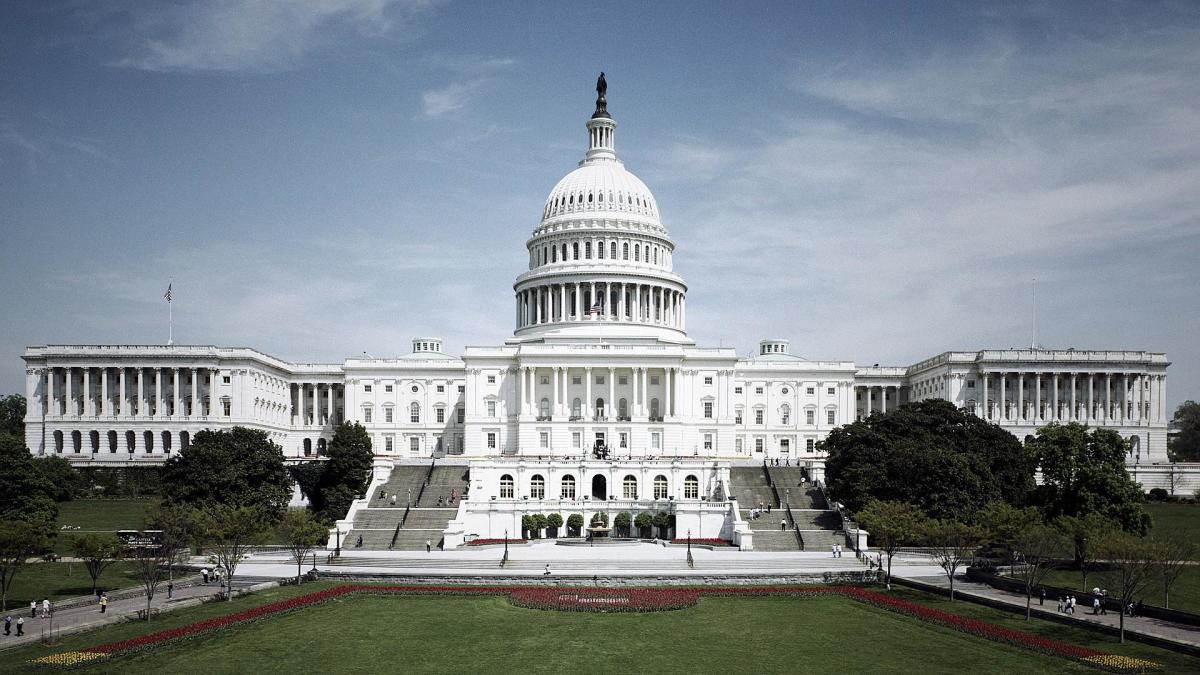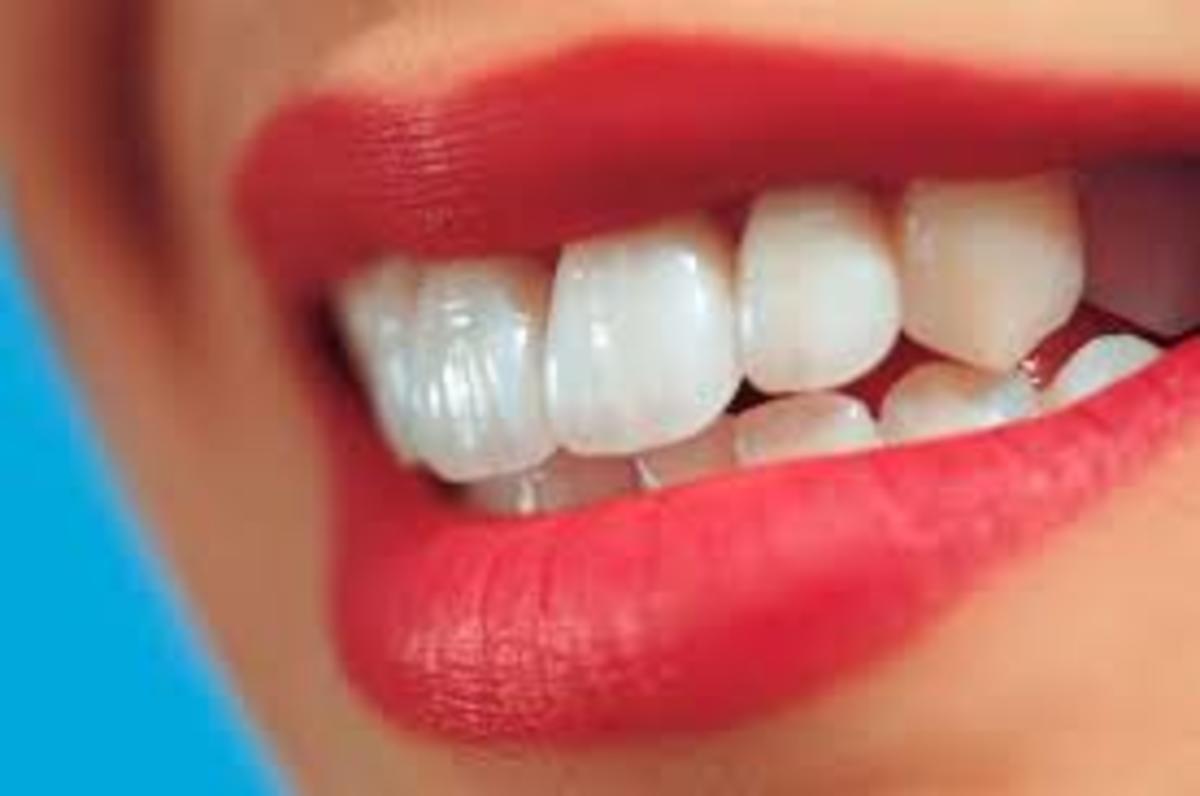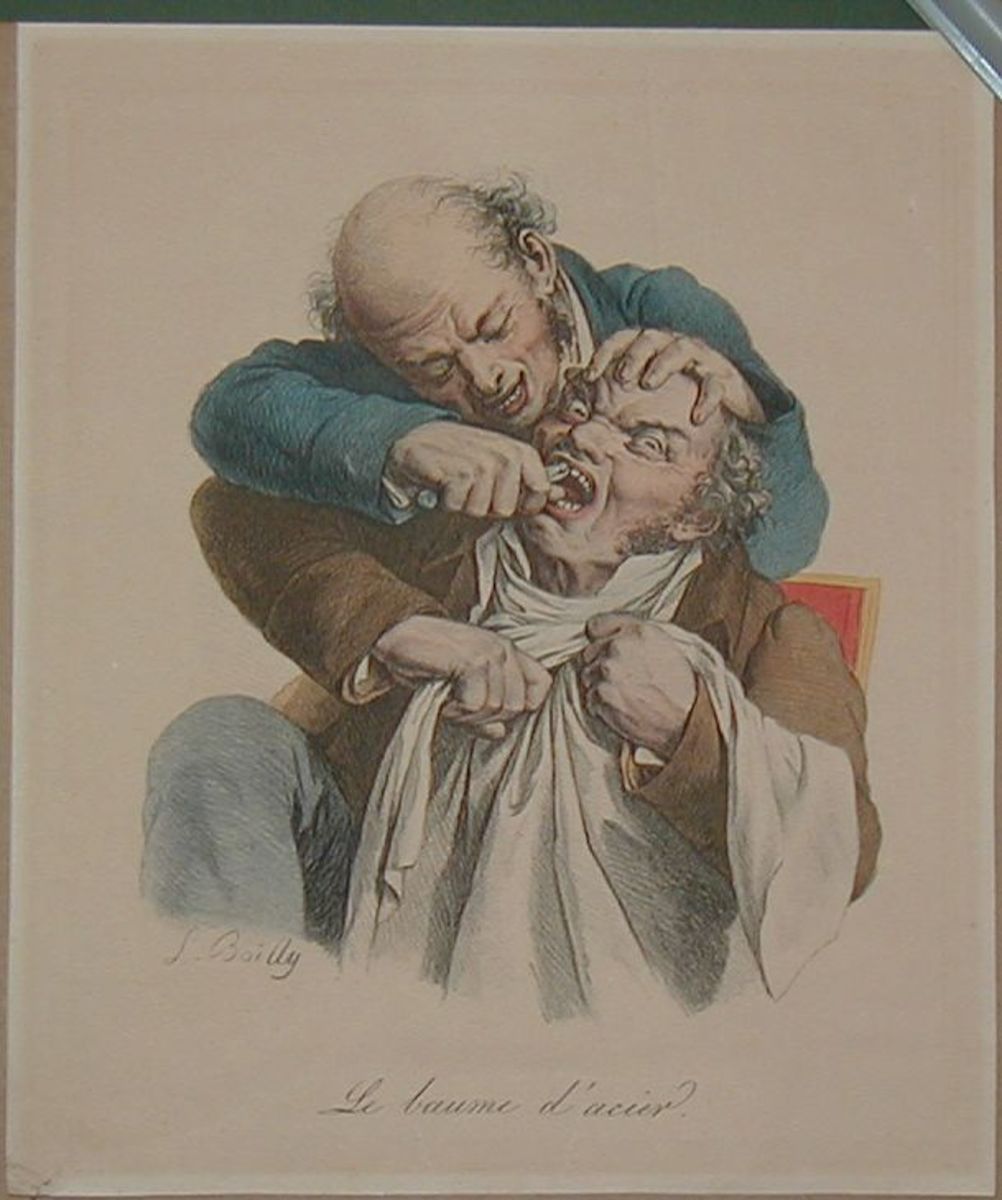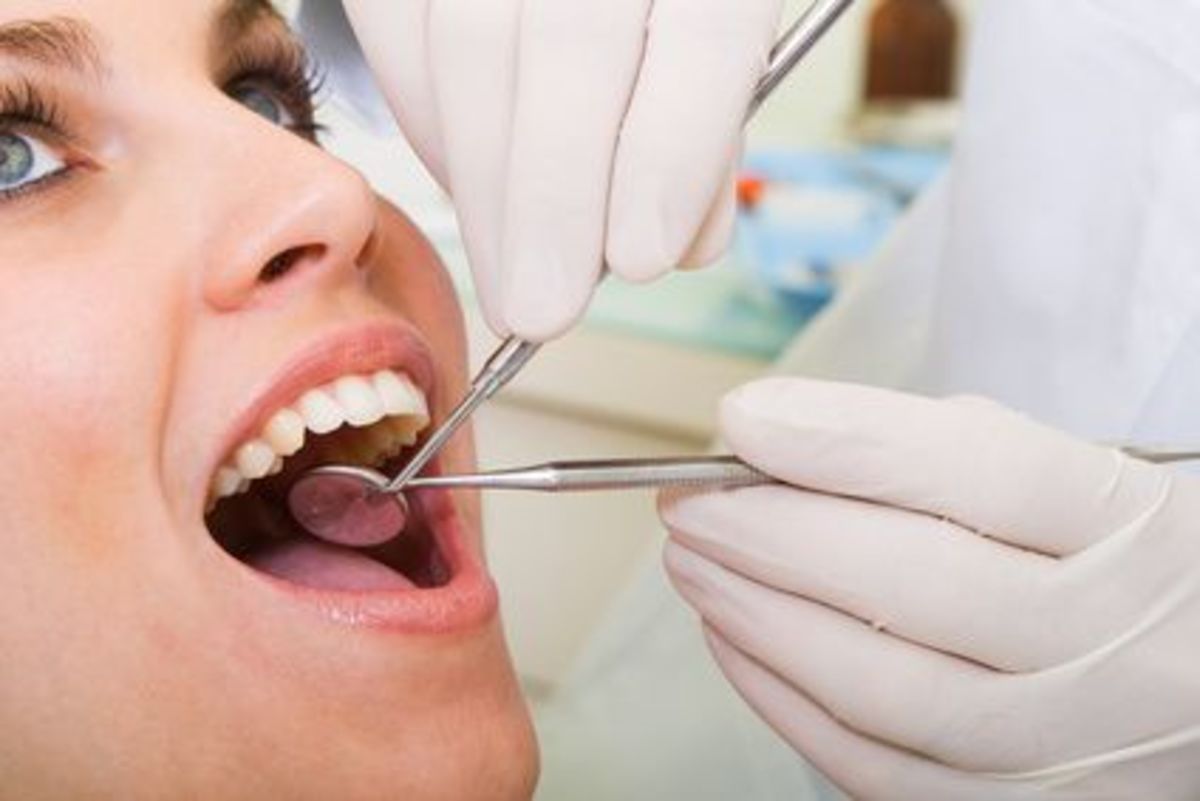Crisis In Older Americans Dental Care Caused By Irrational Categorizing
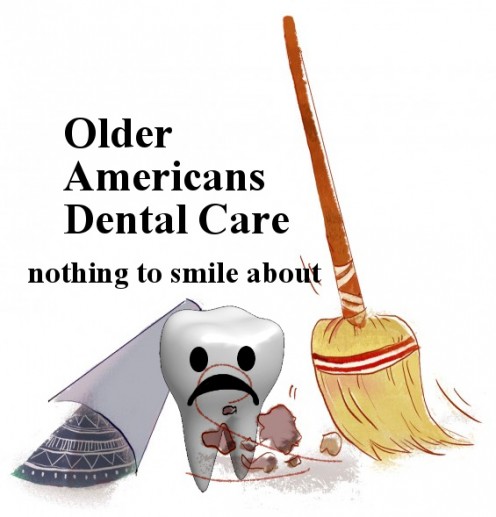
Nothing To Smile About
Medicaid (the government health insurance program for America’s poor) has few or zero provisions to cover serious dental care in adults over 21 years of age. Medicare (the government health insurance program primarily for Americans 65 years of age and older who have paid into the system) has zero provisions to cover dental care. Private insurance companies set grossly unrealistic limits on yearly covered dental expenses, making the phrase, “dental insurance”, a joke. Yet the dental care business goes on for those Americans privileged enough to pay for it, or young enough to qualify for child benefits.
In short, access to dental care, more than access to any other form of health care, is primarily available to America’s young or affluent adult population, while, for America’s older adults, access is a problem being swept under the rug – ignored, in most instances, as if the problem does not exist.
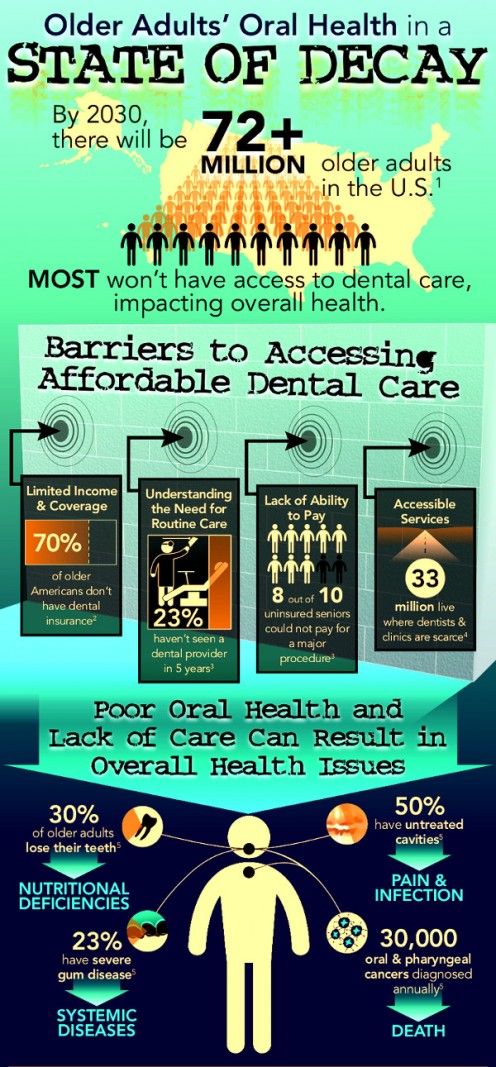
Not A Completely New Problem
This problem has been acknowledged by reputable organizations since, at least, 2003. In the report, ... A STATE OF DECAY: THE ORAL HEALTH OF OLDER AMERICANS ... (2003), the organization known as Oral Health America noted:
"... older Americans almost universally lack private or government dental coverage."
As more people are now maturing to the age where this stark reality directly affects their lives, the problem is only growing bigger, as little has happened to solve it.
Why Oral Health Is Such A Low Priority
While some researchers will point to any number of reasons why oral health in America has such a low priority (particularly for older people), I suggest that the fundamental reasons are:
- an irrational separation of the head from the rest of the body,
- a false view of teeth as primarily cosmetic structures,
- a contradictory standard of personal accountability in caring for one’s own teeth to avoid oral health problems, and
- a backwards view that idealizes children and young adults as the prime age groups for ingraining oral health habits.
Teeth NOT Just For Smiling BUT For Overall Systemic Health
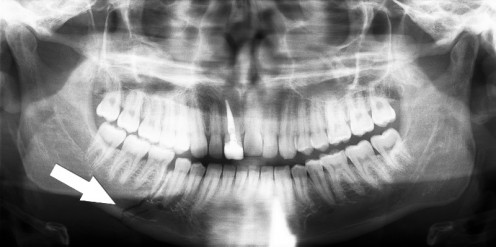
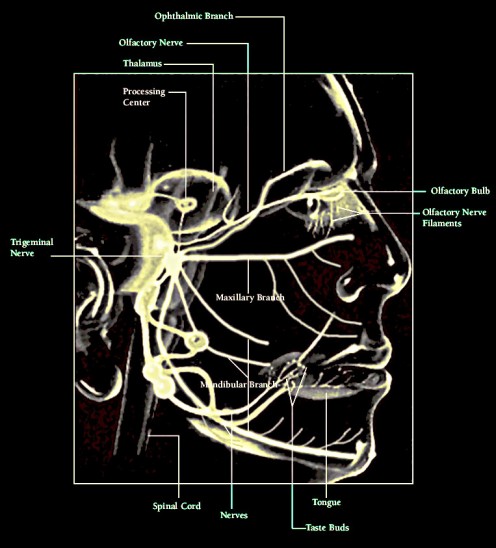
An Irrational Separation Of Mouth From Body
What I mean by "irrational separation" is the attitude of falsely categorizing human teeth as vastly separate from the rest of the human body, which results in falsely categorizing functions of human teeth as less important than other bodily structures, where overall health is concerned.
I also mean that many people consider teeth themselves as the only significant structures of the human mouth, giving little regard to associated nerves, tissues and their intimate connections and effects on other vital structures of the human body.
A False View Of Teeth As Primarily Cosmetic Structures
This fragmented attitude seems to over-emphasize the role of teeth in smiling or the role of teeth in shaping a person’s cosmetic appearance in public. Such an attitude seems to drive the oral health care provisions of Medicaid, for example, which cover costs of root canals in front teeth ONLY, in adults over 21, seemingly oblivious to the fact that back teeth serve an even more important function of enabling older adults to chew food and prepare food for digestion.
In short, human teeth often seem to be treated by oral health practitioners and administrators as cosmetic rather than functional attributes of basic human survival.
A Contradictory Standard Of Personal Accountability
I have the sense that personal accountability for oral health in adults over 21 is held to an absurdly idealized standard by government agencies, by private health insurance companies, and by the medical profession. Personal accountability for obesity (a leading national problem), for example, seems to be held to a much lower standard of personal accountability.
Other areas of behavior also seem to be held to lower standards of personal accountability – for example, areas of behavior that can delay or avoid conditions like high blood pressure, diabetes, heart failure, or stroke.
A Backwards View That Idealizes Children And Young Adults
In this instance, reality seems to dictate the reverse of what American society actually practices.
The twenty-one year life span from birth to young adulthood is a time of mental and emotional immaturity, whereas the life span past 21 years of age is a time of mental and emotional development during which mature adults are more likely to understand, appreciate, and commit to good oral health habits for the remainder of their lives (often 70 or more years, compared to a mere 21 years).
The current attitude in practice, however, seems to be, "If you did not learn to take care of your teeth before you turned 21 years of age, then you will suffer for your youthful mistakes, with no chances to apply what you have learned since those early years. Now as an adult, oral health care is a privilege, NO LONGER a necessity like it was in your youth, and NOT as important as other health care."
Medicare, Medicaid, and private insurance readily cover costs associated with correcting problems resulting from overeating, lack of physical activity, over consumption of alcohol, tobacco use, and other behaviors that lead to health problems. These same institutions , however, fail to cover costs associated with correcting problems associated with oral health behaviors, or correcting oral health problems that could enable people to convert to better oral health behaviors, to preserve their natural teeth well into old age.
Absurdity Acknowledged By Experts
My sense of this absurdity appears to be supported by the National Academy Of Sciences, in its 2013 publication, ... ADVANCING ORAL HEALTH IN AMERICA ..., in which the following statements appear:
- ... oral health care remains artificially separated from the larger system of general health care.
- Many health professionals know little to nothing about oral health.
- Oral health, for the most part, is missing from the education and training of health care professionals such as nurses, pharmacists, physician assistants, physicians, and others.
- Instead of "oral health," many people continue to think about "dental health" as if it were separate from a person’s general health. … While the Surgeon General’s report [ORAL HEALTH IN AMERICA, 2000] has been credited with raising awareness of the importance of good oral health, oral health still remains largely ignored in health policy."
The main conclusion of the Surgeon General’s 2000 report, ... ORAL HEALTH IN AMERICA ..., was this:
"The past half century has seen the meaning of oral health evolve from a narrow focus on teeth and gingiva [i.e., gums] to the recognition that the mouth is the center of vital tissues and functions that are critical to total health and well-being across the life span."
The main implication of this conclusion is obvious in the following quote from that same report:
"The control of existing oral infections is clearly of intrinsic importance and a necessary precaution to prevent systemic complications."
Truth
Current governmental and private practices, in no way, support this critical conclusion that ties oral health intimately to overall health and well-being.
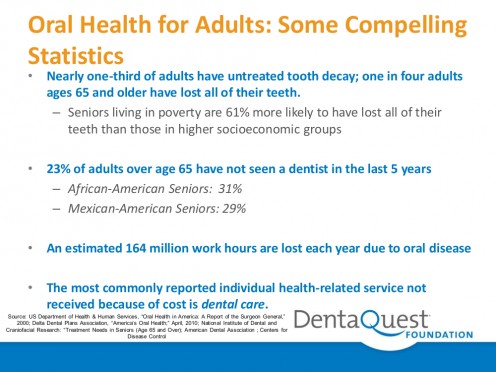
Consequences
If allowed to continue, these attitudes will drive an already serious health problem to unprecedented levels of crisis.
